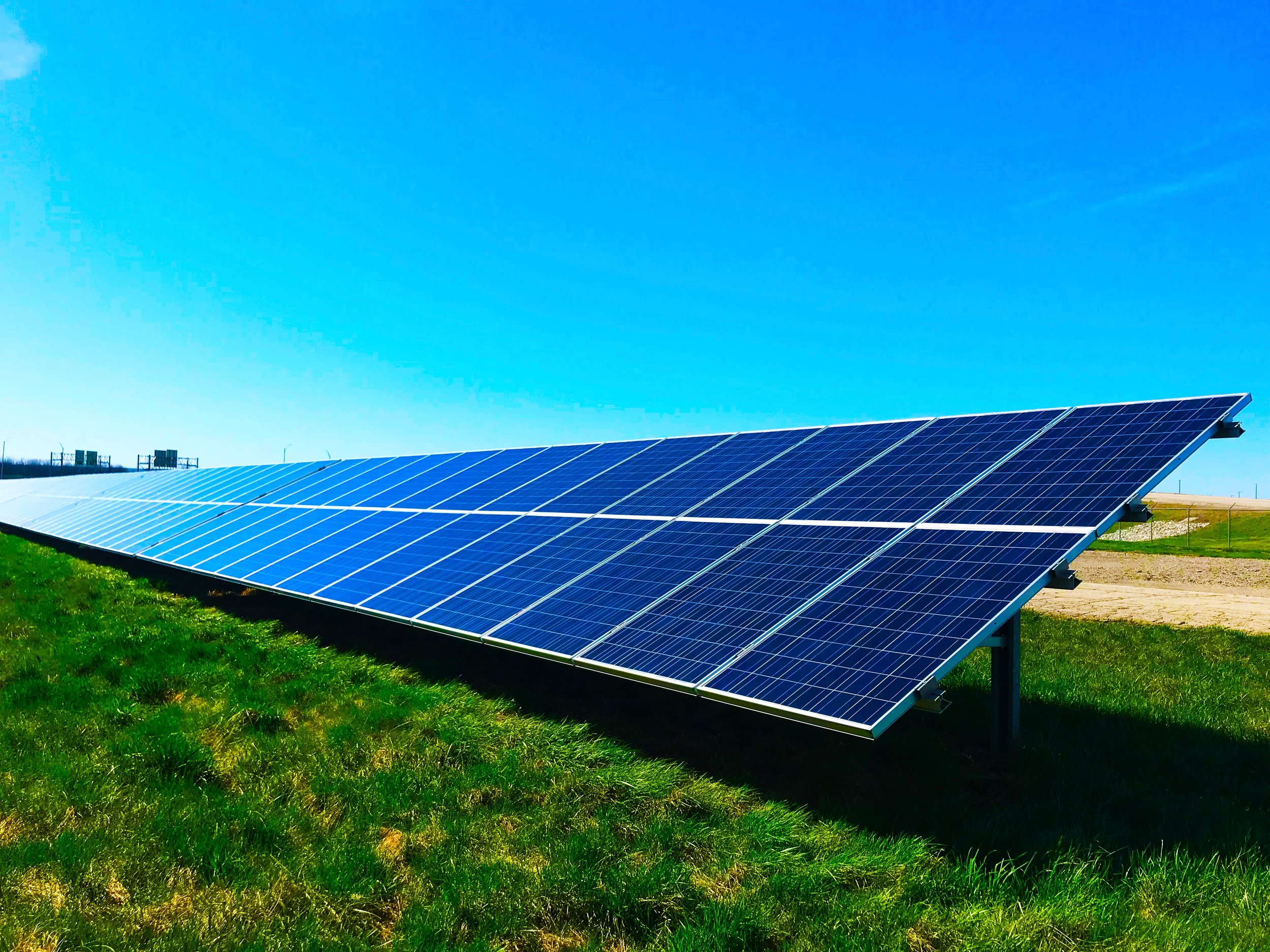Solar Energy Pros And Cons In 2022
If you’re planning to install solar panels and want to know whether it’s the right energy source for your home, this guide is for you. There is a wealth of information available related to solar panel installation for homeowners to determine whether or not solar panels are right for them. When considering solar panel installation for your home, it is critical to understand the benefits and drawbacks of solar energy. So, let’s go through the pros and cons of choosing solar energy for your home.
Pros of Solar Energy
1. Lowers your electric bill
One of the most significant advantages of solar panels is saving the maximum on your electric bill. Many states require utilities to provide net metering, allowing homeowners to offset their electric bills with energy generated by solar panels.
They can then sell the extra energy to the utility company. This is typically added to their electric bill as a credit that can be used to offset future electricity costs.
2. Helps to get over the rise in prices
Most homeowners are aware that electricity is becoming increasingly expensive. Electricity prices will continue to rise in the future, which means your electric bill will rise as well. Solar panels shield you from rising energy costs. You don't have to buy that expensive power from your utility because you generate your own. So, each time your utility company raises its rates, net metering saves you more money.
3. Solar is now more affordable than ever
While electricity prices continue to rise, the cost of solar continues to fall. Solar is now more affordable than ever. In fact, the cost has dropped by more than 70% in the last decade. Solar is now more affordable to homeowners than ever before. Solar installation can be even less expensive if you take advantage of solar incentives.
4. Look for a return on your investment
Apart from reducing your electric bill, solar panels can also generate extra income. As previously stated, net metering allows you to earn money by selling excess power generated by your solar panels to your utility.
The money you earn from net metering, along with the savings from your electric bill and other incentives, goes toward paying off the cost of your system. In areas where all of these incentives are available, the payback period for a solar panel system can be as little as four years.
Once your system has been paid off, your solar panels will continue to generate free electricity through solar power for homes for the rest of its life!
5. Environmentally conscious
Another significant advantage of solar is that it is a renewable energy source. This means that using the resource does not deplete the source.
Furthermore, electricity generated by solar panels emits no greenhouse gases. When we generate electricity with solar panels, nothing is released into the atmosphere. Clean energy is the only thing that has been created!
6. Energy self-sufficiency
Solar panels enable homeowners to generate their energy, giving them energy independence. This essentially means that a solar home is less reliant on the traditional electric grid, enabling you to seize control of your home's energy supply and direct where it comes from.
Cons of Solar Energy
1. High initial investment
One of the most significant disadvantages of solar panel systems is the high initial cost. The actual cost of a solar system for home will vary depending on your state and the incentives you qualify for. Fortunately, solar financing options are available.
2. Solar energy is a variable energy source
Solar is considered an intermittent source of power for three main reasons:
At night, the sun does not shine. As a result, solar panels do not generate power at night.
The intensity of the sun varies depending on location, time of year, and day of the week.
The amount of energy produced by solar panels can be significantly influenced by cloud, snow, and foliage cover.
All these factors have been used to argue that solar power is unsuitable for base load or mission-critical applications. However, this is changing as more cost-effective battery solutions become available. Batteries enable homeowners to store solar power and draw energy from them when their solar panels are not producing energy.
3. The production of solar panels has an environmental impact
While the power generated by solar panels is emission-free, it is important to note that solar panel manufacturing produces some pollution.
4. Solar panels necessitate space
Solar panels require space to meet energy demands. A roof will almost always have enough space for residential installations. When it comes to large grid-scale solar installations, space can be an issue.
The advantages of solar energy vastly exceed its disadvantages. The sooner you switch to solar power, the sooner you can start saving. You can search for different solar companies and see which one fits your budget.
Author: Charles Woolls







